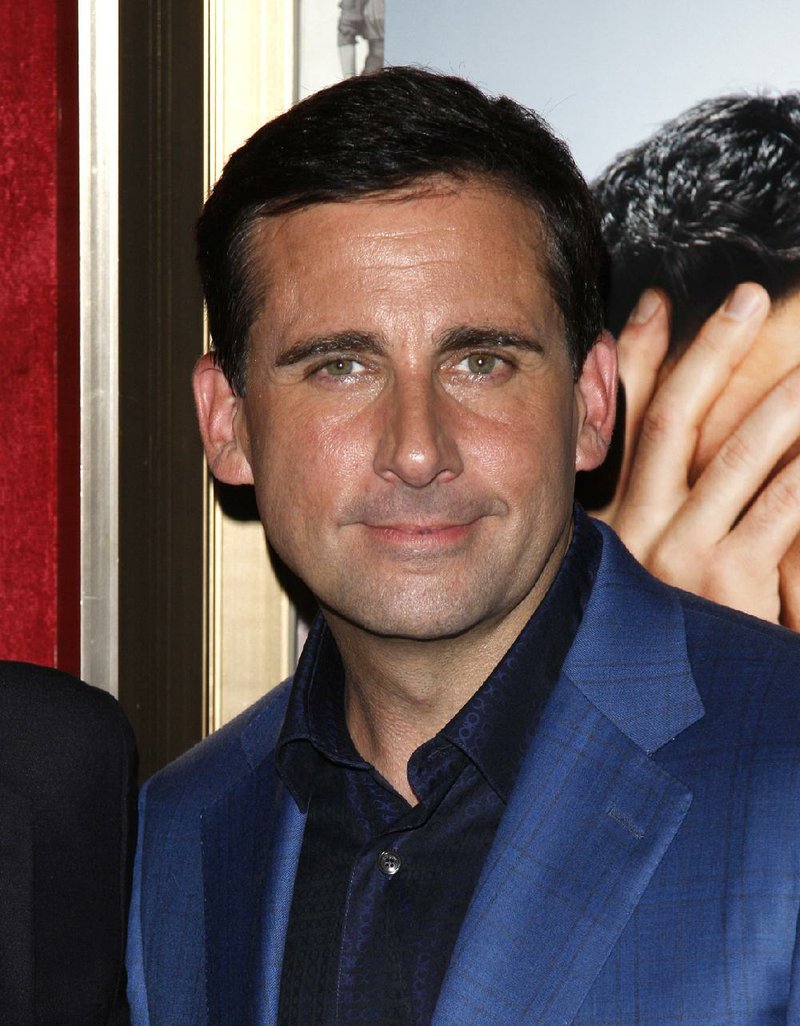LOS ANGELES -- The actor's classic mantra: "What I really want to do is direct." The revised version: "I want to produce."
More entertainers are getting the chance to play the role of producer as the expanding universe of cable channels and, especially, online platforms make for big opportunities on small screens.
With motivations ranging from passion projects to career advancement, stars -- and even their journeymen counterparts -- are getting into the game.
"Actors need to produce because they need to control material and be ahead of the business," said Roy Ashton, the Gersh Agency's head of TV. "With the Netflixes and Hulus and everything else, it's really about owning content, controlling it and controlling your destiny."
The flashiest examples remain theatrical releases from heavyweights such as Brad Pitt, who has dabbled in TV but largely used his clout to help produce films including the Oscar-winning 12 Years a Slave and Selma.
Pitt is making serious TV forays as a producer for the coming miniseries Lewis and Clark and the limited series Feud. Actress and film producer Reese Witherspoon (Wild, Gone Girl) is producing and starring in the announced limited series Big Little Lies.
While individual responsibilities vary depending on the project, a producer or production team's tasks include obtaining financing and supervising casting, writing and picking the director who will guide filming.
Amid the crush of outlets and shows jockeying for viewers, a celebrity's behind-the-camera involvement may be seen as a way to build a project's buzz.
Actors who have a way with words can become sought-after producers, the result of TV's traditional reliance on writer-showrunners in contrast to filmdom's worship of directors. Tina Fey (Unbreakable Kimmy Schmidt) and Amy Poehler (Broad City) are among the examples.
"People like Amy and Tina are being given production deals by networks looking for these people to expand on their voice," said actor Steve Carell, who wears a producer's hat for Angie Tribeca, TBS' police parody series.
Music star John Legend is an increasingly active producer with projects for TV (Underground) and the big screen (filmmaker Cary Fukanaga's in-development The Black Count).
He dismisses any notion he's in it for the so-called vanity credit which, with a monetary bonus, can be a lure for some.
"People find out pretty quickly I don't just do it to slap my name on things," Legend said. "I care about the kinds of stories being told under my name, so I try to interact with writers and directors as much as possible."
In 1919, Charlie Chaplin joined with director D.W. Griffith and other actors to found United Artists studio. Lucille Ball and Desi Arnaz's Desilu Productions launched in TV's early days with I Love Lucy and eventually grew into a leading independent studio, with credits including Mission: Impossible and original Star Trek series episodes.
Although today's biggest names can't ensure success -- HBO reversed its decision to renew the drama series Vinyl for a second season despite the involvement of producer-creators Mick Jagger and Martin Scorsese -- Survivor's Remorse is returning Sunday for its third season on Starz with Mike O'Malley, a veteran actor (Glee; Yes, Dear) and writer (Shameless), in charge as creator and executive producer.
O'Malley describes producing as a nonstop challenge.
"There are 100 to 200 people you have to deal with. You have to make sure all the scripts are done and written on time, and you're in charge of the casting and the tone of the show," he said. "You really have to be ready to be in charge, and if you don't like it, you have to learn to like it."
Style on 07/19/2016
